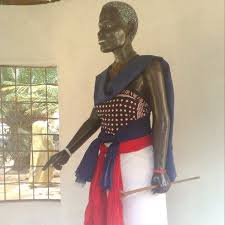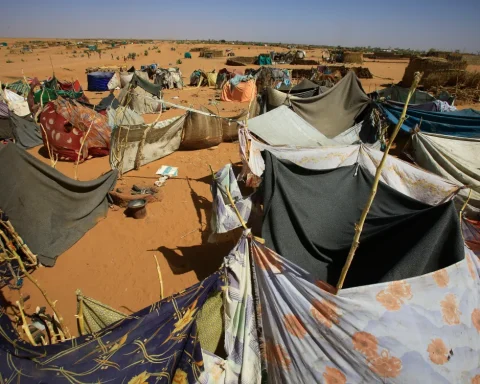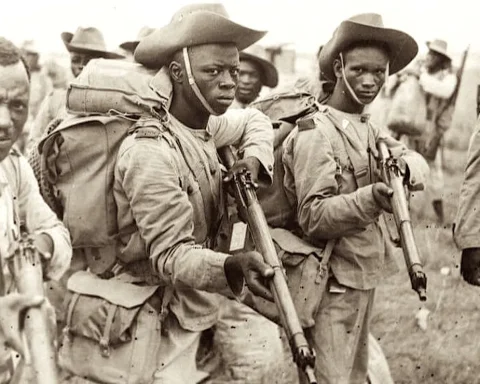The tales of colonial resistance are full of stories of men who led bravely. We read of leaders like Jaja, Jomo Kenyatta and the few accounts of women like Moremi who fought for the freedom of her people are being told.
This series on African activists was written to highlight men and women who fought and resisted colonial rule in their countries.
One of such leaders who defied colonial rule in Kenya was Mekatilili wa Menza. Born in the 1840’s, in the Mutara wa Tsatsu Ganze village, Kilifi county. She was the only daughter of five children who lost her brother to the slave trade.

She actively led the Giriama to protest against the British colonial administration of Kenya between 1912 and 1915. This was because she knew the effects colonialism could bring about.
Most of Mekatilili’s activism began in her seventies during the period that the British authorities, the Imperial British East African Company (IBEA), began to put financial pressure on the Giriama people by implementing ‘hut taxes’ and attempting to control their palm wine and ivory trade. They also tried to recruit young Giriama men to work for them, thereby taking them away from their land near the Sabaki River.
One of her most talked-about acts was when she invited herself to a meeting with the British administrator in an attempt to lure the community youths to serve in the first world war hosted. She came with a hen and her chicks to the meeting and dared Arthur Champion, the administrator, to take one of the chicks from her. Arthur attempted to, and the henpecked his hand, humiliating him in public. When this happened, Mekatilili told him: ‘This is what you will get if you try to take one of our sons.’
She also travelled from village to village performing the sacred funeral dance Kifudu and calling everyone to swear resistance oaths. She also held meetings and gave speeches with other anti-colonial fighters at the Kaya Fungo, the traditional place where rituals and cultural events were held.
These activities brought them together and reminded them of their traditional culture, and infused them with anti-colonial resistance. This also increased Mekatilili wa Menza’s support.
When Arthur Champion went to villages, he met with resistance and proof that Mekatilili wa Menza had been there. As a result, he sent Mekatilili wa Menza and Wanje wa Mwadorikola, active leaders and supporters of colonial resistance, to prison.
While in prison, Mekatilili held talks with Arthur Champion on the moral decline of her people and how it bothered her.
On January 14th, 1914, after six months in prison, Mekatilili and Wanje walked free. However, they had to trek over 700 kilometres back to Kilifi. Their return infuriated the colonialists, and they retaliated by shooting dozens of men, women, and children, capturing animals, burning foodstuff and homes, and bombing the sacred Kaya.
This attack forced an intense uprising, which caused the British authorities to reduce their control over the community and on August 16th, 1914, Mekatilili was arrested again and sent to Somalia.
In 1919, she was released and returned to a leadership role in the women’s council of her community. She died in 1924, and every year there’s a festival named after her to celebrate her heroism.









